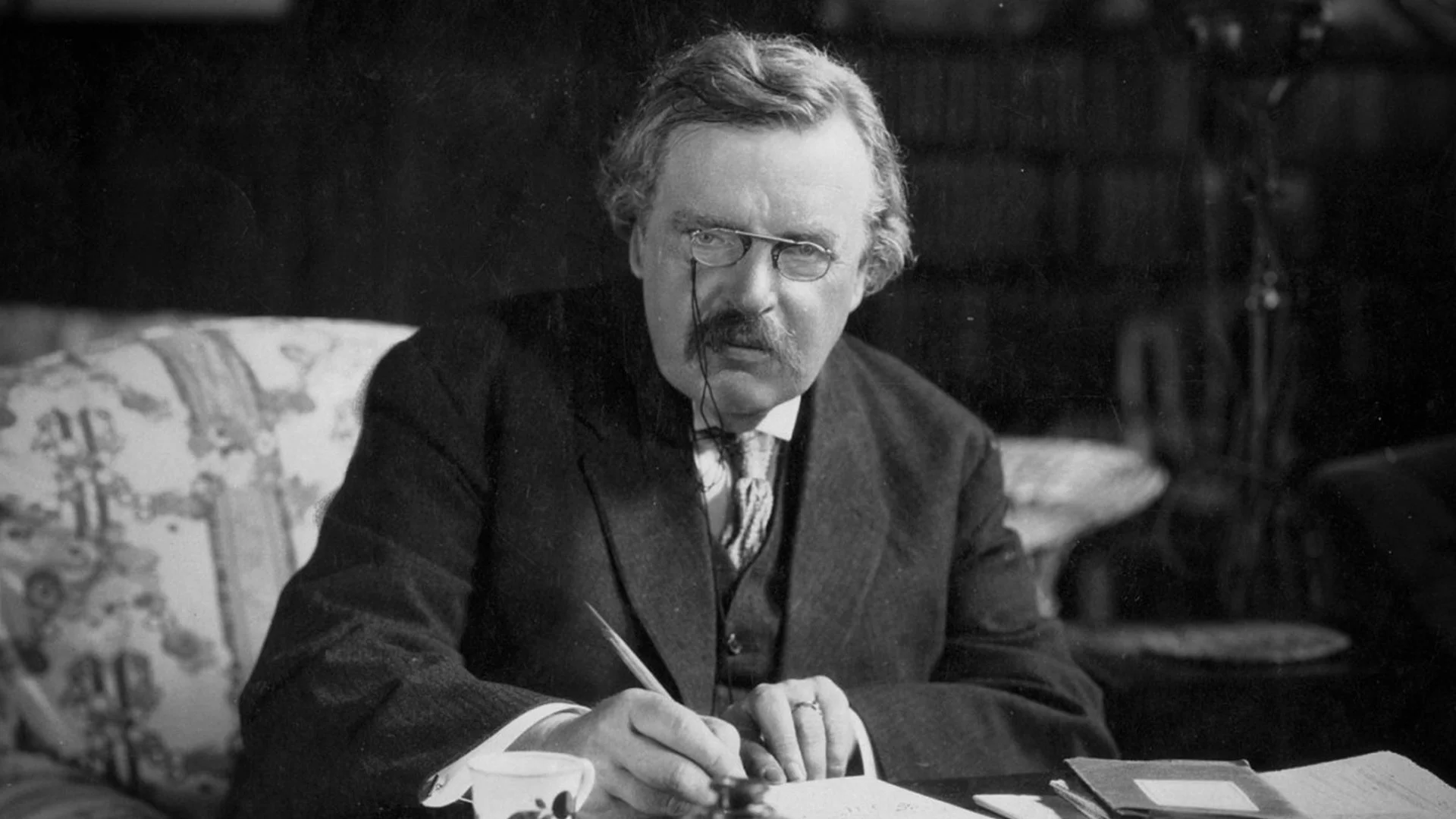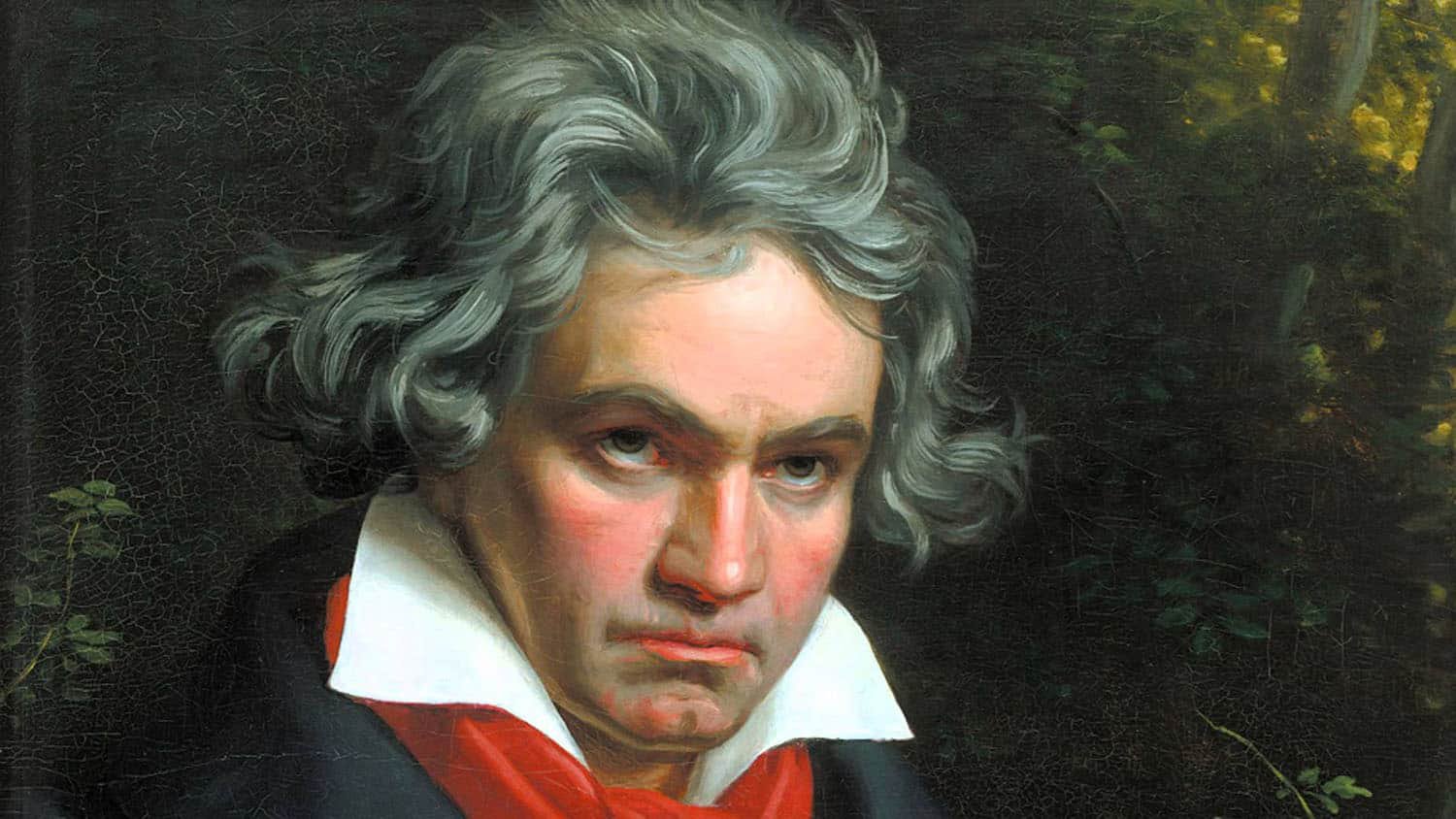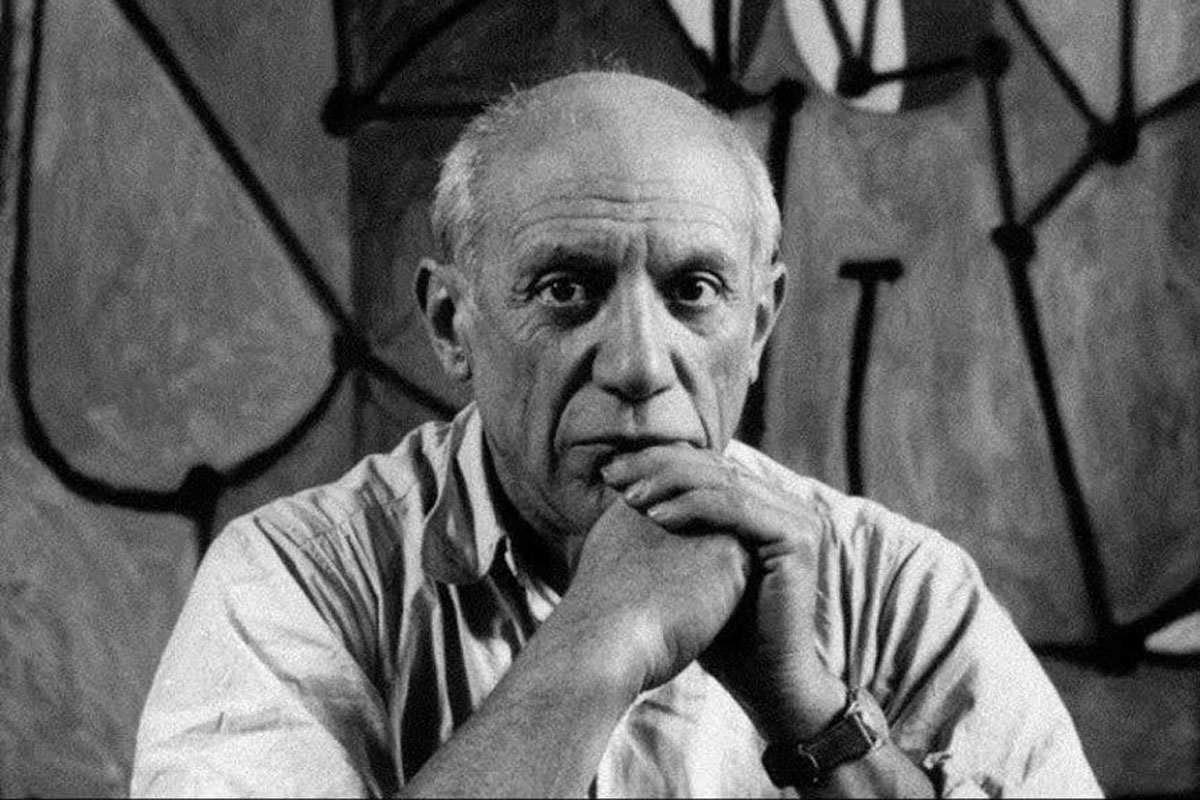This series of articles seeks to examine the character attributes of highly successful leaders, regardless of their adherence to a strong faith or moral standard. In presenting these thoughts, Leadership Ministries is not agreeing with or advocating these traits or practices, but rather presents these as ideas for discussion and development in your own leadership journey.
Edward McKendree Bounds (1835 – 1913) was an attorney, author and Methodist minister. He is most known for authoring nine books on the subject of prayer. Bounds is widely considered one of the foremost authorities on prayer.
Bounds was born in Missouri on August 15, 1835, the fifth of six children in the Bounds family. His family was among the original settlers of Shelby County, Missouri, his father serving as the first Justice of the Peace, County Clerk and County Commissioner, beginning in 1835. Bounds’ father also advanced the building of the First Methodist Church there in 1840, but died in 1849 of tuberculosis.[1]
Bounds’ family life was challenging into his adult years. He married in 1876 and had two daughters and a son. His wife died just 9 years later in 1886, and he remarried. He had an additional three daughters and two sons. He lost two of his sons at early ages—one was just six and the other at eight days.[2] E.M. Bounds died at age 78, with only two of his books being published during his life. The remaining nine, including seven more on prayer, were published posthumously by Homer Hodge. Bounds met Hodge at age 70, discipled him, and left him to distribute his writing. Bounds wrote to Hodge, “Let your mind live in the spirit of prayer.”[3]
A lawyer, a chaplain. Bounds went to public school, and studied law in Hannibal, Missouri. At the age of 19 he became the youngest practicing lawyer in the State of Missouri. At the age of 24, he changed professions, completing training at Centerary Seminary and becoming a preacher, ordained in the Methodist Episcopal denomination. Then came the opening days of the Civil War. Bounds did not support slavery. At the time of the Civil War he was the pastor of a church in a border state, and in 1861 was arrested and put in prison as a Confederate sympathizer. He saw and experienced some brutality from Union Army forces, and believed he was called to minister to and comfort those in the Confederate South.
After release during a prisoner exchange, he became a Chaplain in the Confederate Army. Lyle Dorsett wrote in his biography about Bounds that serving as a chaplain during the Civil War had a significant impact on his prayer life and ministry, “As he stood there surrounded by mass graves, devastated farmhouses, and land, and a throng of wounded and weakened fellow warriors, Bounds realized more than ever before that this world is not home.”[4] Bounds was injured during a battle and taken prisoner in 1864, then released in 1865 after taking an oath of loyalty to the United States.
A pastor and prayer warrior. As a pastor, Bounds established a weekly prayer session that sometimes lasted several hours. He began itinerate preaching throughout the country, and became editor of the St. Louis Christian Advocate, and later, the Nashville Christian Advocate. After retiring from preaching and publishing, he moved to Washington, Georgia, where we began a daily routine of rising at 4:00 a.m. and praying until 7:00 a.m. He prayed and wrote about prayer for the last seventeen years of his life. His book, Power Through Prayer, is often called “the greatest book on prayer ever written.”[5] Bounds wrote, “Prayer should not be regarded as a duty which must be performed, but rather as a privilege to be enjoyed, a rare delight that is always revealing some new beauty.”[6]
Deeply serious. According to people who were constantly with him, in prayer and preaching, for eight years “Not a foolish word did we ever hear him utter. He was one of the most intense eagles of God that ever penetrated the spiritual ether. He could not brook delay in rising, or being late for dinner. He would go with me to street meetings often in Brooklyn and listen to the preaching and sing with us those beautiful songs of Wesley and Watts.”
Biographer Claude Clifton, Jr. wrote of him, “Edward McKendree Bounds did not merely pray well that he might write well about prayer. He prayed because the needs of the world were upon him. He prayed, for long years, upon subjects which the easy-going Christian rarely gives a thought, and for objects which men of less thought and faith are always ready to call impossible. From his solitary prayer-vigils, year by year, there arose teaching equaled by few men in modern Christian history. He wrote transcendently about prayer, because he was himself, transcendent in its practice.”[7]
[1] https://en.wikipedia.org/wiki/Edward_McKendree_Bounds
[2] https://christ4humanityblog.wordpress.com/2015/03/12/biography-of-e-m-bounds/
[3] https://warnersmith.org/archives/109
[4] https://www.insightforliving.ca/read/articles/em-bounds
[5] https://equipu.kids4truth.com/em-bounds/
[6] https://www.insightforliving.ca/read/articles/em-bounds
[7] https://ccel.org/ccel/bounds
Cover photo: Public domain
































Frank Winfield Woolworth was an American entrepreneur, and founder of the F. W. Woolworth Company. He pioneered the retail variety stores which featured low-priced merchandise selling for 5 and 10 cents.